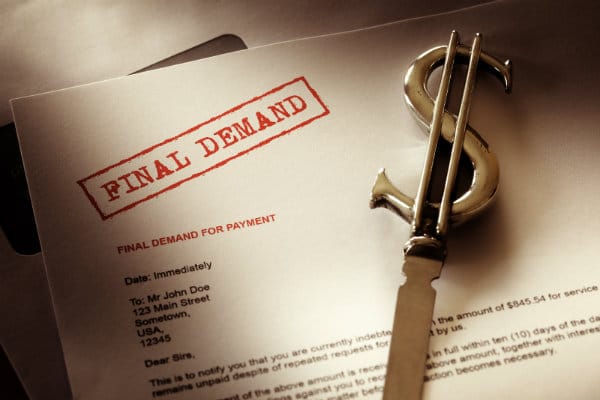Dealing with out-of-state debt collectors can be stressful—especially when you’re unsure whether their collection attempts are even legal. If you’re in California and being contacted by a debt collector based in Delaware, you’re right to ask questions. Here’s a step-by-step breakdown of what to know, what to check, and how to report violations if the debt collector breaks the law.
Can Out-of-State Debt Collectors Pursue You?
Yes—but only under certain conditions.
You mentioned a debt collector based in Delaware contacting you in California. While California does not require debt collectors to be licensed, Delaware does. That means if the collector is not properly licensed in their own state (Delaware), they may not be legally authorized to collect debts—even from someone living in a state like California.
How to Check Their Licensing Status
To determine if the agency is legally allowed to operate:
-
Read this article on how to verify licensing (include internal link)
-
Search for licensing requirements via the Delaware Division of Corporations or the NMLS Consumer Access website
-
Check the company’s name, not just the name of the agent calling you
If they are not licensed where required, they may be violating state law—even before you consider federal protections under the FDCPA.
Understanding the FDCPA: Your Federal Protections
The Fair Debt Collection Practices Act (FDCPA) sets national standards for how debt collectors must treat consumers. Violations can include:
-
Calling repeatedly or at odd hours
-
Using threatening or abusive language
-
Failing to validate the debt
-
Misrepresenting the amount or legal status of the debt
If you believe the agency has broken FDCPA rules, you have multiple options for reporting them.
Where to File Complaints
1. Federal Trade Commission (FTC)
Use the FTC Complaint Assistant to file a report online. This helps the FTC monitor trends and enforce consumer protections.
2. Consumer Financial Protection Bureau (CFPB)
File a complaint online at consumerfinance.gov or call 855-411-2372. The CFPB forwards your complaint to the agency and often resolves issues within 15 days.
3. Your State Attorney General (California)
California’s Attorney General handles state-level consumer complaints. File directly using this complaint form.
4. Delaware Attorney General
Because the agency is based in Delaware, it’s also worth reporting them to the Delaware AG’s Office—especially if they’re operating without proper licensing.
Does the Age of the Debt Matter?
Yes. If the debt is too old, it might be past the statute of limitations, meaning the debt is no longer legally enforceable. The exact timeline varies by state and type of debt, but in California, most debts have a 4-year statute of limitations.
Read these helpful guides:
- Using a Statute of Limitations Law to Eliminate Your Debt
- Do I Have to Pay an Old Debt That is Past the Statute of Limitations?
If the debt is time-barred, you can refuse to pay and demand that the collector stop contacting you.
Protect Yourself with a Cease and Desist Letter
If you’re being harassed or simply want the calls to stop, send a formal cease and desist letter. This legally requires the collector to stop contacting you, with few exceptions.
Learn how to draft and send one in this article: How to Stop Debt Collectors with a Cease and Desist Letter
Final Thoughts: Know Your Rights and Take Action
Debt collection is heavily regulated—but that doesn’t stop some collectors from pushing boundaries or skirting the law. Whether you’re in California dealing with a Delaware-based agency, or facing a collection attempt from any other state, your best protection is education and action.
-
Verify their legal standing
-
Understand your federal and state protections
-
Report all violations
-
Use formal letters to control communication
You don’t have to tolerate abuse or misinformation from debt collectors—no matter where they’re based.
Image Alt Tag Suggestion:
Consumer reviewing debt collector documents with concern, considering a cease and desist letter
FAQs:
Can a debt collector in Delaware collect from me in California?
Yes, but only if they’re properly licensed in Delaware. California doesn’t require licensing, but the collector must meet legal standards in their home state.
Who do I report FDCPA violations to?
Report violations to the FTC, CFPB, your state’s Attorney General, and—if applicable—the AG in the collector’s home state.
What if the debt is too old?
If the debt is past the statute of limitations, it may no longer be enforceable. You’re not legally required to pay and can demand that the collector stop contacting you.
Can I stop a debt collector from calling me?
Yes. Send a cease and desist letter. Once received, the collector must stop contact, with very limited exceptions (e.g., legal actions).
Will reporting the collector hurt my credit?
No. Filing complaints or sending letters will not affect your credit score. Only payment history and account status impact credit.










